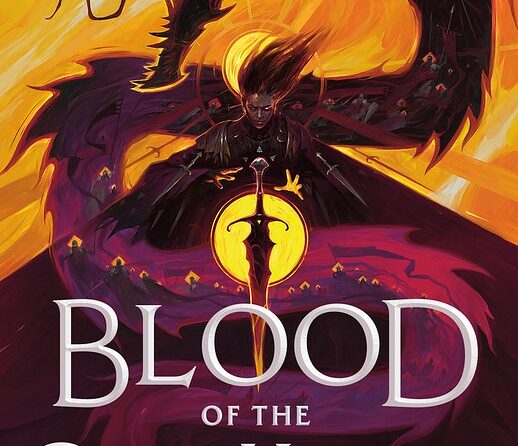How many times have we read negative reviews by (mainly) newspaper- employed critics about books or films in the science fiction/fantasy genre that either were completely off base, once we read the book, or which panned a movie we’ve already seen….which thrilled us to death? This has happened to me so many times, that I not only expect critics to pan the movies I will love once I see them – but I will go out of my way to see them (even if I had no interest in them to begin with).
That’s why it was no surprise for me to read Ann Hornaday’s tepid to lousy review of the movie The Hobbit in the Washington Post last year (hornadaya@washpost.com 12/14/12) As soon as I read her observation that “It’s purely a matter of taste whether this world is one you want to inhabit for nearly three hours.” I immediately wrote a mental note to myself “Gotta see it. Gonna be great.”
Yes, surely it’s a matter of taste. And that’s exactly how, with that sly smug slug…Ann – along with numerous other critics – manage to make our “tastes” suspect, under the cover of mundane journalism. YES, I WANT TO LIVE IN THE WORLD OF HOBBITS. OK? Is that clear enough for you, Ann? I’m 70. I’m what you called a “dedicated fan” Another slam….to a genre audience you don’t get.

I also, to some unquantifiable extent, would love to live in the world of “Avatar” (as a Dragon tamer, of course 
But it gets worse. Hornaday follows that line with “And it might be a function of age and aesthetic expectations whether the super high definition digital technology Jackson used to film – sorry, capture – “An Unexpected Journey” strikes your eye as dazzlingly crisp and realistic or more akin to the visual grammar of a giant “Teletubbies” episode.”
Now, I am no fan of Teletubbies. Let’s face it….they are as close to my childhood as the Power Rangers. But the reference to “age” as being the key to valuing the technology , as well as the phrase “visual grammar” in this context – both struck a chord. In what universe would the media, and “visual language” make Tubbies equal to Tolkien? I’m not a media guru, but the phrase “visual grammar” in the pages of a newspaper critique strikes me as not only elitist, but meaningless to anyone reading the review who would compare such dissimilar entertainments (with apologies to semioticians).
Whatever slam this reviewer intends, by the “capturing” vs. filming of performance, I think it really comes down to highlighting a demographic disjunct: those of us “of a certain age” or not….who are more willing than others to accept the tiger in “Life of Pi” – regardless of how he got there.

Sure, this could be a matter of age. I know people my age who don’t own a computer and might be influenced by those distinctions. But they aren’t the intended audience for The Hobbit.
I guess I would prefer to think of it as a matter of aesthetic sensibility. In this case, perhaps, dependent on one’s willingness to suspend disbelief. A phrase near and dear to SF/F lovers, and attributed to Samuel Taylor Coleridge, who suggested that if a writer could infuse a “human interest and a semblance of truth” into a fantastic tale, the reader would suspend judgment concerning the implausibility of the narrative.”
The suspension of disbelief. If you can’t grasp that concept,whether furthered by digitization or not, you have no right to critique SF/F. Just recuse yourself, refrain forever from denigrating an audience you aren’t a part of, and can’t understand.

SF/F artists, from time to time, have volunteered that they’ve never gotten the kind of attention from the art world that gallery artists have – by which they mean fancy critiques and reviews in chic slick artsy magazines. To which I respond, “Instead of moaning, you should be thanking Ghu you’ve been spared the art babble and negativity that inevitably would accompany any review of SF art.












Recent Comments